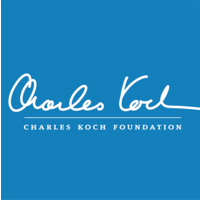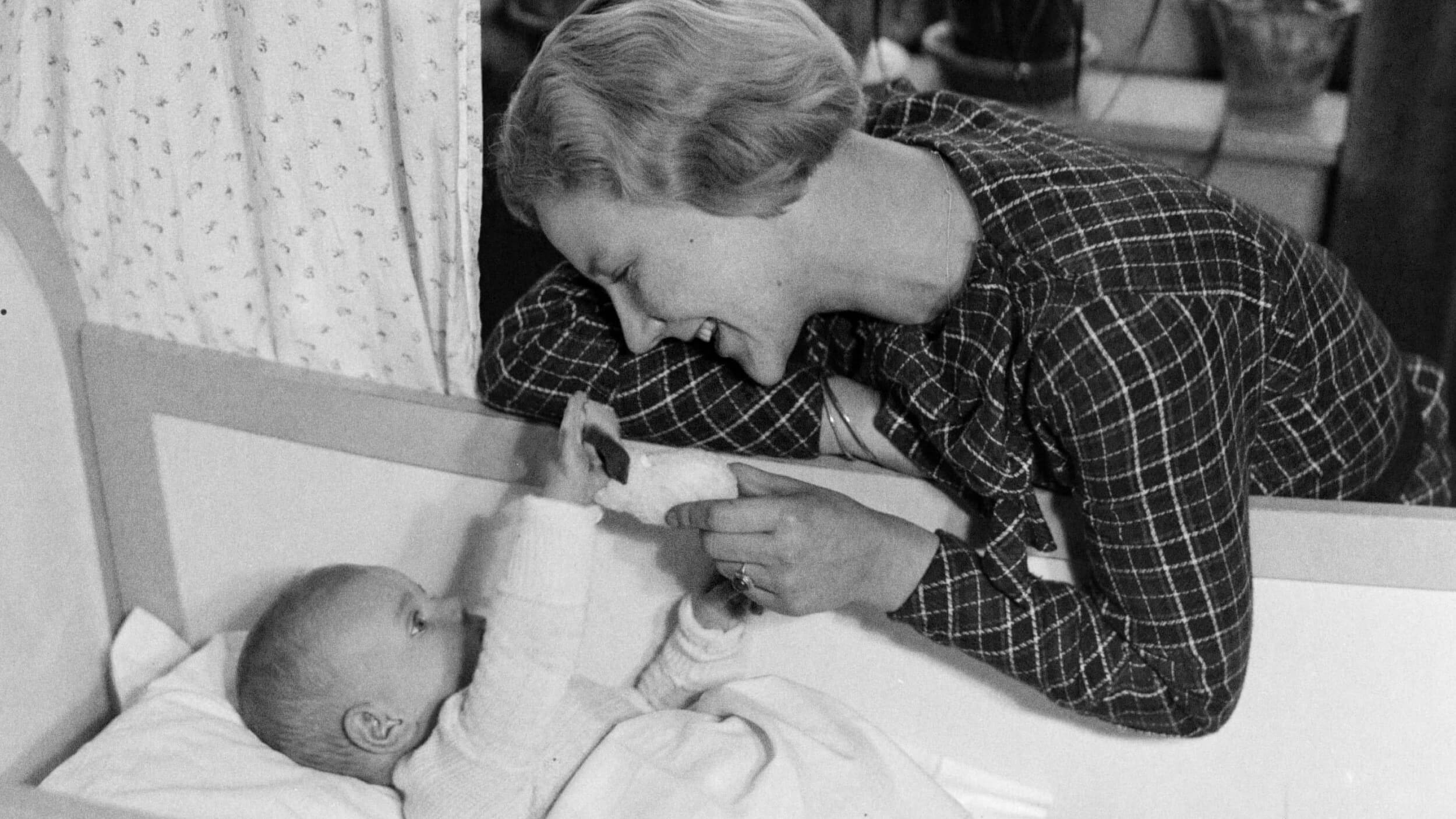Debra Mashek is the executive director of Heterodox Academy, a non-partisan non-profit organization that promotes open inquiry in higher education. Mashek was previously a tenured full-professor at Harvey Mudd College,[…]
When it comes to scholarly engagement, what kinds of critique are considered appropriate and acceptable?
▸
2 min
—
with
Sign up for the Smarter Faster newsletter
A weekly newsletter featuring the biggest ideas from the smartest people






